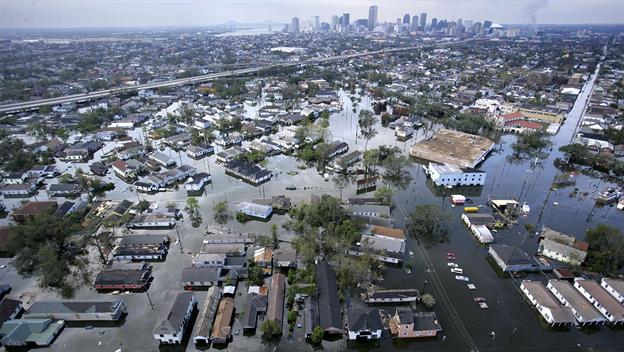For historical accuracy in positioning (Doc Holliday on the right flank, with Wyatt Earp on the left) and authenticity in clothes, Tombstone is spot-on. The building on fire behind them makes the boys look like they just walked out of Hell, and Hell’s a-comin’ with them. Kurt Russell has a long-barreled Colt in his right pocket. Curiously, he’s the only movie Wyatt Earp ever to have carried one to the gunfight, even though testimony at the coroner’s inquest indicated that Wyatt did indeed carry a ten-inch-barreled revolver.
They aren’t headed toward the O.K. Corral; they’re headed for a shoot-out a lot bigger and uglier, but Ben Johnson, Warren Oates, William Holden, and Ernest Borgnine were clearly set up in Sam Peckinpah’s The Wild Bunch to look like the Earp brothers and John Henry “Doc” Holliday on their walk down.
Burt Lancaster’s Wyatt and John Hudson’s Deputy Virgil—(Wyatt was the marshal in Gunfight at the
O.K. Corral) carry two shotguns, but then, they’re headed for a bunch of Cochise County Cowboys (including John Ireland’s Johnny Ringo) that is practically platoon strength. The lot in which they clash is the same one at Old Tucson where John Wayne, Ricky Nelson, Dean Martin, and Walter Brennan rout the bad guys in 1959’s Rio Bravo.
For sheer grimness, the walk to the O.K. Corral in Wyatt Earp is unsurpassed. To look at those faces, you’d think these guys were climbing Mount Everest instead of walking a block-and-a-half to that open lot next to C.S. Fly’s photography studio.
Harris Yulin as Wyatt (at far left) and Stacy Keach (at left) as Doc carry double-barreled shotguns in preparation for mowing down the Clantons and McLaurys in, Doc, a Vietnam-era parable of the Earp-Cowboy war. (Screenwriter Pete Hamill suggested a homosexual relationship between Wyatt and Doc, the only writer to do so until Andrew C. Isenberg in his 2013 book, Wyatt Earp: A Vigilante Life.) (Rico says anyone alluding to Wyatt and Doc being gay better bring lots of guns...)
Rico says he couldn't bring himself to include the Mark Wahlberg thug movie, Four Brothers, or the truly execrable comedy, Anchorman: The Legend of Ron Burgundy, in the list...































